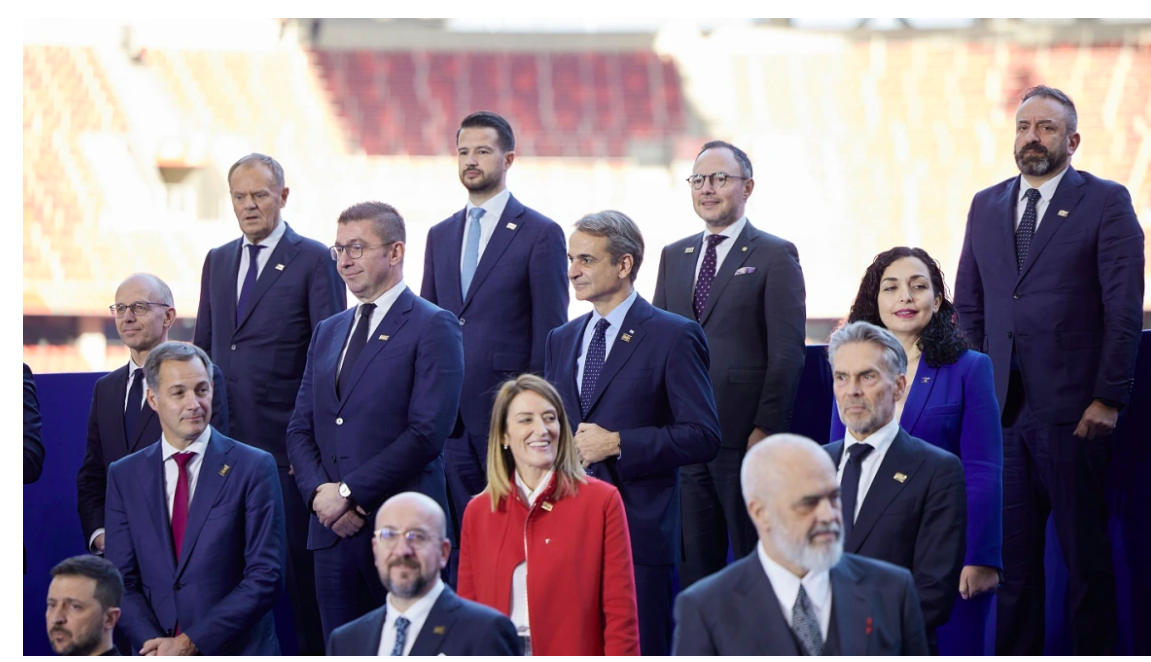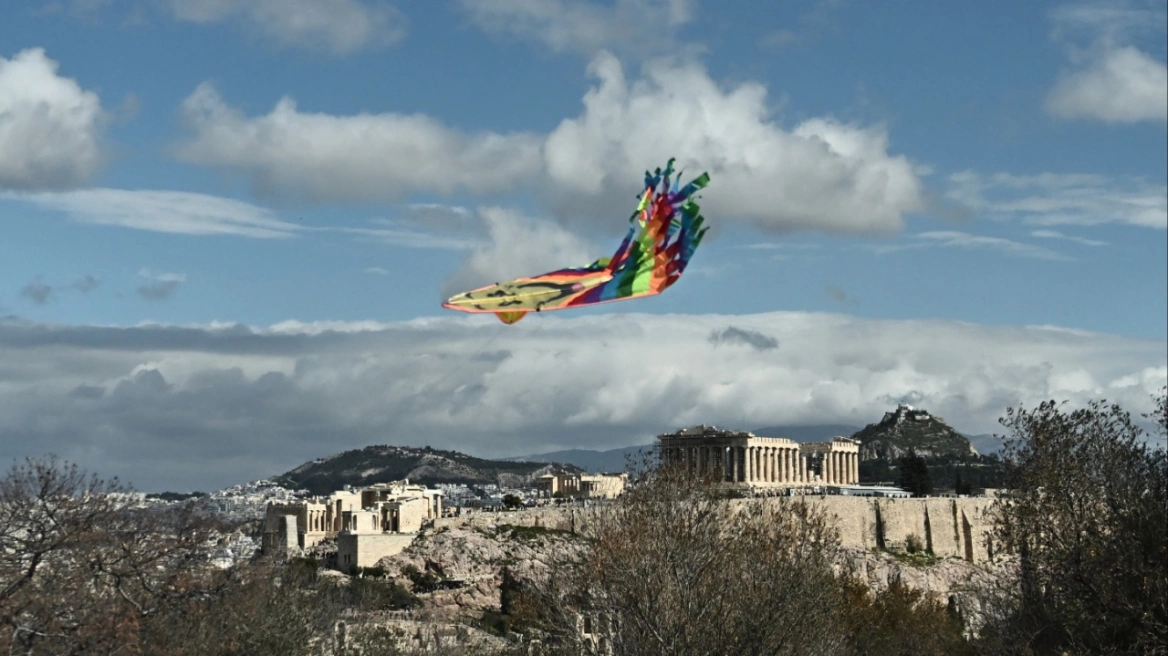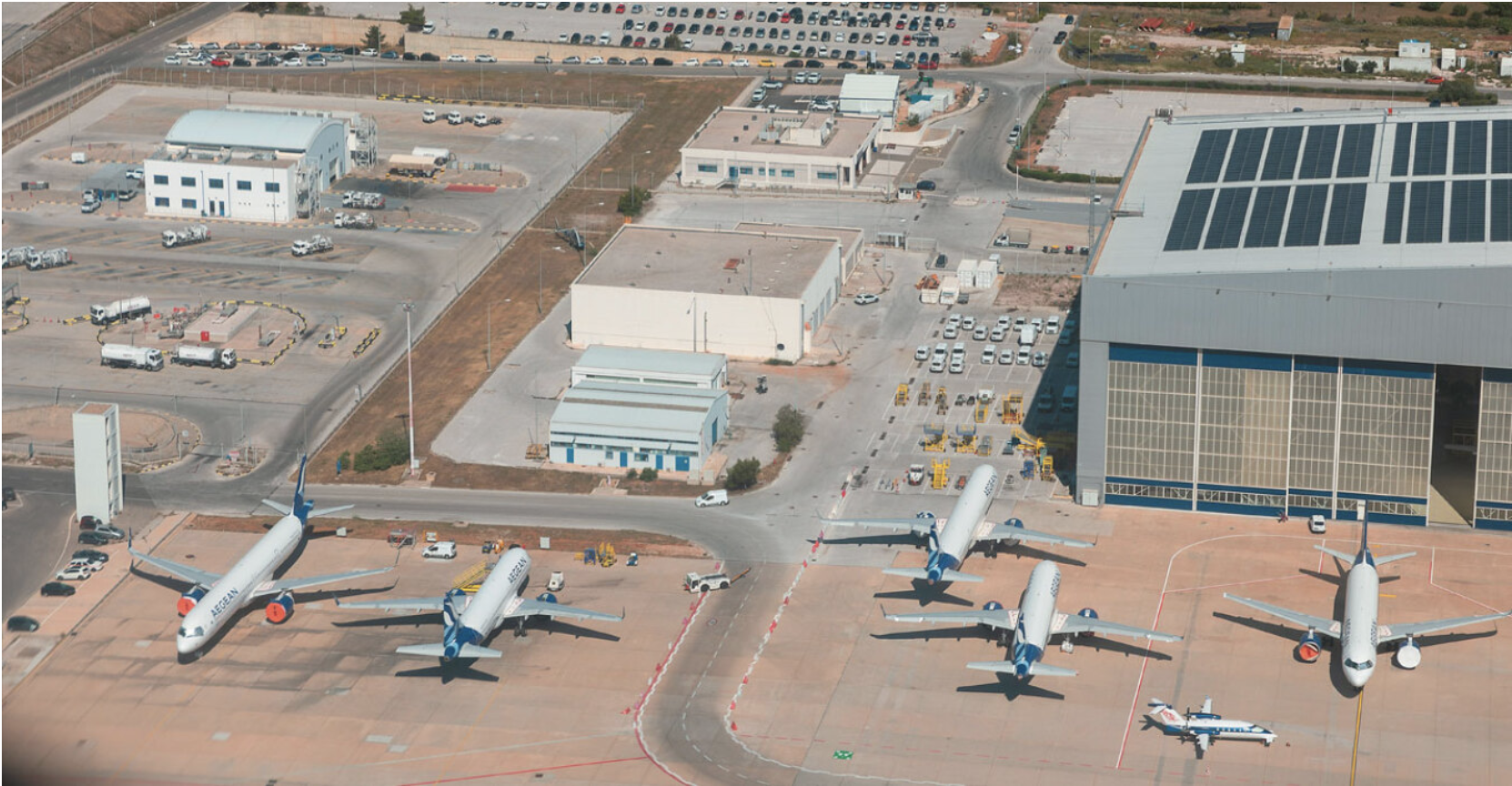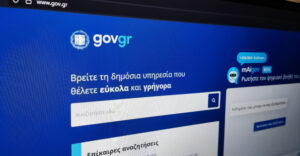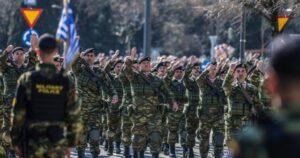Europe faces the risk of becoming a “sandwich” between the U.S. and Asia amid an ongoing economic war, while discussions on upgrading and unifying the Union’s defense mechanisms remain at a theoretical level.
With Donald Trump’s re-election to the U.S. presidency, a sense of urgency has developed among European Union leaders gathered yesterday and today in Hungary for both the European Political Community and today’s informal Summit, where the issue of competitiveness will be a key topic.
It’s no secret that Europe, with an aging demographic, risks being caught between the U.S. and Asia in the ongoing economic war. Meanwhile, discussions on upgrading and integrating the Union’s defense have again stalled at the theoretical level.
Greek Prime Minister Kyriakos Mitsotakis points out in conversations with counterparts that he has not only spoken on these pressing issues promptly but has also taken relevant initiatives, such as the joint letter with Polish Prime Minister Donald Tusk to the European Commission advocating for joint funding of major defense projects, including a European anti-air defense shield.
Europe continues to deliberate endlessly, deferring decisions from Summit to Summit due to significant internal divisions. This gives the impression that the unity and urgency seen during the COVID-19 crisis was an ad hoc occurrence.
A Wake-Up Call
With the clock running out, European leaders are working to analyze the implications of Trump’s second term, seen as more “liberated” in policy. This comes at a time when Europe’s two largest nations face internal challenges: Germany is inching towards elections amid a challenging three-party coalition, and France is governed by a minority administration with a president who will soon be out of office.
Though circumstances are less than ideal, the time for action is shrinking. In this context, Mitsotakis emphasizes that Trump’s presidency should serve as a “wake-up call” for the Union.
“I believe it’s time to wake up from our geopolitical naïveté and realize that we must secure additional resources to face major challenges, whether in terms of competitiveness or European defense,” Mitsotakis noted upon his arrival at the Summit. His comments echoed those in discussions held within the Summit and at the dinner that evening.
Lost Ground
A telling example of European inertia is the ongoing debate about competitiveness. EU leaders have received two reports: one from former Italian Prime Minister Enrico Letta, focused on the topic, and another from former European Central Bank President Mario Draghi on steps Europe must take to regain lost ground.
With Draghi and Christine Lagarde both present, Mitsotakis is expected to emphasize that Europe’s geopolitical maturity and strategic autonomy are now essential. As he plans to argue, the time has come for Europe to make significant decisions to close the gap with the United States and China, by pursuing policies that diverge from the traditional approach.
Mitsotakis’ statements, though logical, again raise the question of practical implementation, especially in a period when many European governments are struggling to find their footing. European leaders, however, appeared to show a sense of urgency, with many of them hastening to hold phone calls with Trump (Macron, Meloni, von der Leyen, among others).
Ask me anything
Explore related questions
